At this point I’ve tutored all sorts of students. No matter the background, the same question inevitably comes up: Where do I start my Series 7 exam studying?
That generally depends on a simple categorization of your background. Would you consider yourself to have a background in finance, or not? Specifically, are you familiar with capital markets? Have you taken courses in college in corporate finance, or finance more generally? Have you ever invested in stocks, bonds, mutual funds, or ETFs? Furthermore, have you actually executed a transaction to buy these types of securities yourself?
Any of the above has likely already helped build your knowledge-base for the Series 7 exam.
For those of you without this type of background, I’d like to use this post to help you out.
To illustrate, I recently met with a woman that was looking for a complete career change. She was overwhelmed by the study material for the Series 7 (It’s a big textbook!). She was completely lost, and didn’t know where to start her Series 7 exam studying.
Series 7 Exam Studying: No Need to Start at the Beginning
One thing I had to explain to her was that starting at the beginning of the textbook was not necessary.
I understand the natural compulsion to start with the first chapter in your textbook. You’d suspect that the curriculum organizer has thought through the sequence of how the material is presented. And, maybe they have. I just don’t know the reason behind the layout. And, it doesn’t seem clear.
Nonetheless, the truth is that there is no practical reason to start with chapter 1. The topic of which can vary depending on the text from which you are studying.
Importantly, if you have no real background in finance, I highly recommend starting with the basics. Learn the simplest definitions of the equity section, and the debt securities section first. In fact, I recommend covering only portions of these chapters to start.
You want to set the foundation before you build on top of it. What I mean here is that you should understand the absolute fundamentals. Such as the definition of a “security.” What is a stock? What is a bond? Answer these straightforward questions (even if you think you have a vague idea).
No need to go too deep beyond this for starters though. Ignore convertible bonds, preferred stocks, or voting rights for shareholders for now. You should simply try to understand the basics.
I’m New Here, How Much Time Should I Dedicate to Series 7 Exam Studying?
At this point, you can see that this might take some time. Without much of a background in finance, patience will be the key ingredient. If you are like my student making the career change, you’ll have to be patient. You’re trying to absorb a lot of new material. Chances are high that it will take you some time.
There is a lot to know. It is all condensed into a few inches of paper to make the textbook. It can take years for many to fully understand everything in the text. But, you likely only have a few months to learn enough to pass.
Take it piece by piece. Start from the ground and slowly build up. For absolute beginners, a Series 7 tutor can be extremely helpful. The options section as well as convertible bonds can get quite confusing.
Depending on whether or not you are crunched for time, a tutor can help minimize your learning curve. I’ve generally found that I can typically shave multiple hours off a students’ learning curve for the options section for example. The Series 7 exam is hard, and failing is not fun.
Take your time to understand the basics before you just hop into memorizing terms you aren’t familiar with. It will solidify your understanding, and help you more easily digest what might seem like a daunting amount of material.
